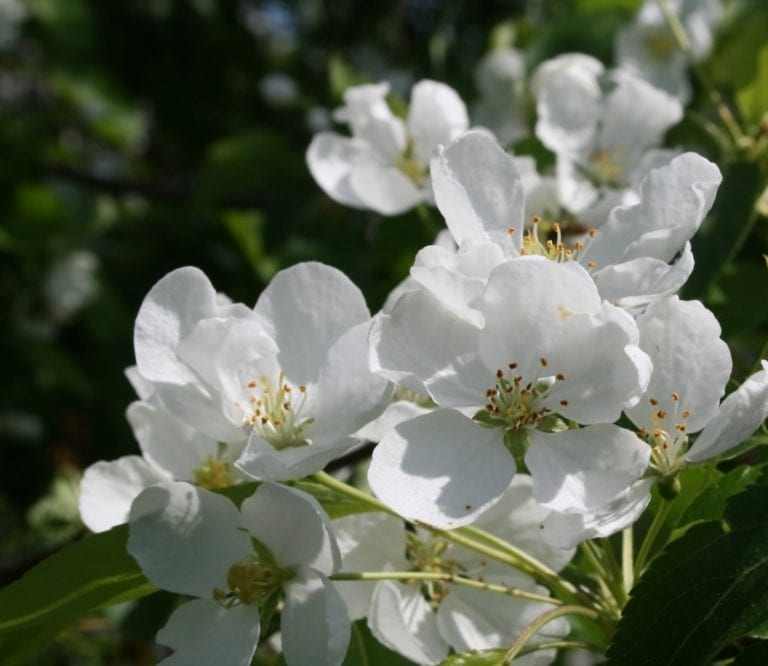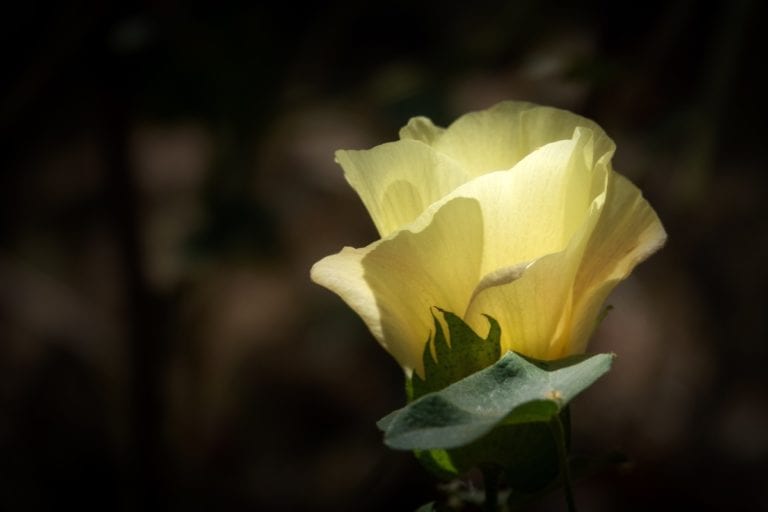Similar Posts

April 2019 Audio Meditation
If you’d like to experience this guided meditation with images, here’s the youtube version: https://youtu.be/bT-DbKga6nc
Saying “Yes” to Spirit: Being Lived into the Fullness of Your Potential
Another talk at Unity, Norwalk, CT

July 2019 Audio Meditation
For those who would prefer a guided meditation with visual images, here’s a link to the youtube version: https://youtu.be/vP9ILva4lh4

780th Week: Returning to the Present Moment
As I write this practice, we are entering a week in the United States where we are being asked to practice a high degree of “social distancing”. For many of us, that means doing our work on-line. For some of us, it means staying home and not interacting with other people for now. The purpose of this need for many of us to not be in contact with people any more than we absolutely have to is to slow down the transmission of the current coronavirus outbreak so that our health-care system isn’t overwhelmed.
Without question, these are activating and stressful times, and I wanted to share a couple of practices that I’m using to steady myself. Our collective field of human consciousness is intensely activated and that affects us all. Whenever any one of us can orient to steadiness and ease our own levels of activation, we immediately and automatically contribute that shift to everyone else.
One of the practices I use daily, which I’ve shared before and which comes from the work of Peter Levine, the founder of Somatic Experiencing®, is to make the sound “voo” each morning before I begin the day. In the way I use this process, I take an easy breath and, as I exhale without effort, I make the sound “voo”. When you do this, allow yourself to make the sound in whatever tone allows you to feel it vibrate throughout your abdomen, all the way down to the bottom. Then, when the breath is complete, I take in the next gentle inhalation and make the sound again. I recommend that you do this three times and notice how you feel. Be sure to track your physical sensations and orient to wherever you may feel more settled.
Read More “780th Week: Returning to the Present Moment”
883rd Week: Cultivating A Deeper Awareness of Interbeing and Interdependence
As we experience the intense polarization and conflict in the United States, and also that which has arisen in so many other countries, it feels more important than ever to engage practices that remind us that we are one earth family and that we can’t survive independent from the countless contributions of our human family and our other-than-human earth family.
I’ve written before about the South African concept and practice of Ubuntu—“I am because you are”, which recognizes and lives into the reality that it is only through the support of the people around us that we are able to be. Here’s one reference describing Ubuntu, one among many: https://www.newworldencyclopedia.org/entry/Ubuntu_(philosophy)
Another approach to this same idea comes from Psychiatrist Dan Siegel who has developed what he calls “Intraconnection”, where he describes our awareness as moving from “me to we to mwe”. Here’s a link to his new book on the subject: https://www.amazon.com/IntraConnected-Integration-Belonging-Identity-IPNB/dp/0393711692/ref=sr_1_2?crid=N39CCKTAR989&keywords=Dan+Siegel+intraconnected&pldnSite=1&qid=1658667706&sprefix=dan+siegel+intraconnected%2Caps%2C124&sr=8-2
Then, there’s Thich Nhat Hanh’s coining the verb interbeing, where he says that we interare in every moment, that we cannot really be separate from everything around us. Here’s a link to an article by Thich Nhat Hanh on interbeing: https://www.garrisoninstitute.org/blog/insight-of-interbeing/
These and other related approaches and concepts invite us to expand our worldview to move beyond U.S. culture’s (and the cultures of other countries, as well) emphasis on individual issues such as rights, freedom, and independence. For this week’s practice in conscious living, I invite you to dive a bit more deeply into this subject than you may have done before and ask yourself, each day, to recognize your interbeing and interdependence in some way you might ordinarily ignore it.
Read More “883rd Week: Cultivating A Deeper Awareness of Interbeing and Interdependence”
February 2020 Audio Meditation
For those who would like to have images with your meditation, here’s our link to YouTube for an audio meditation with images…